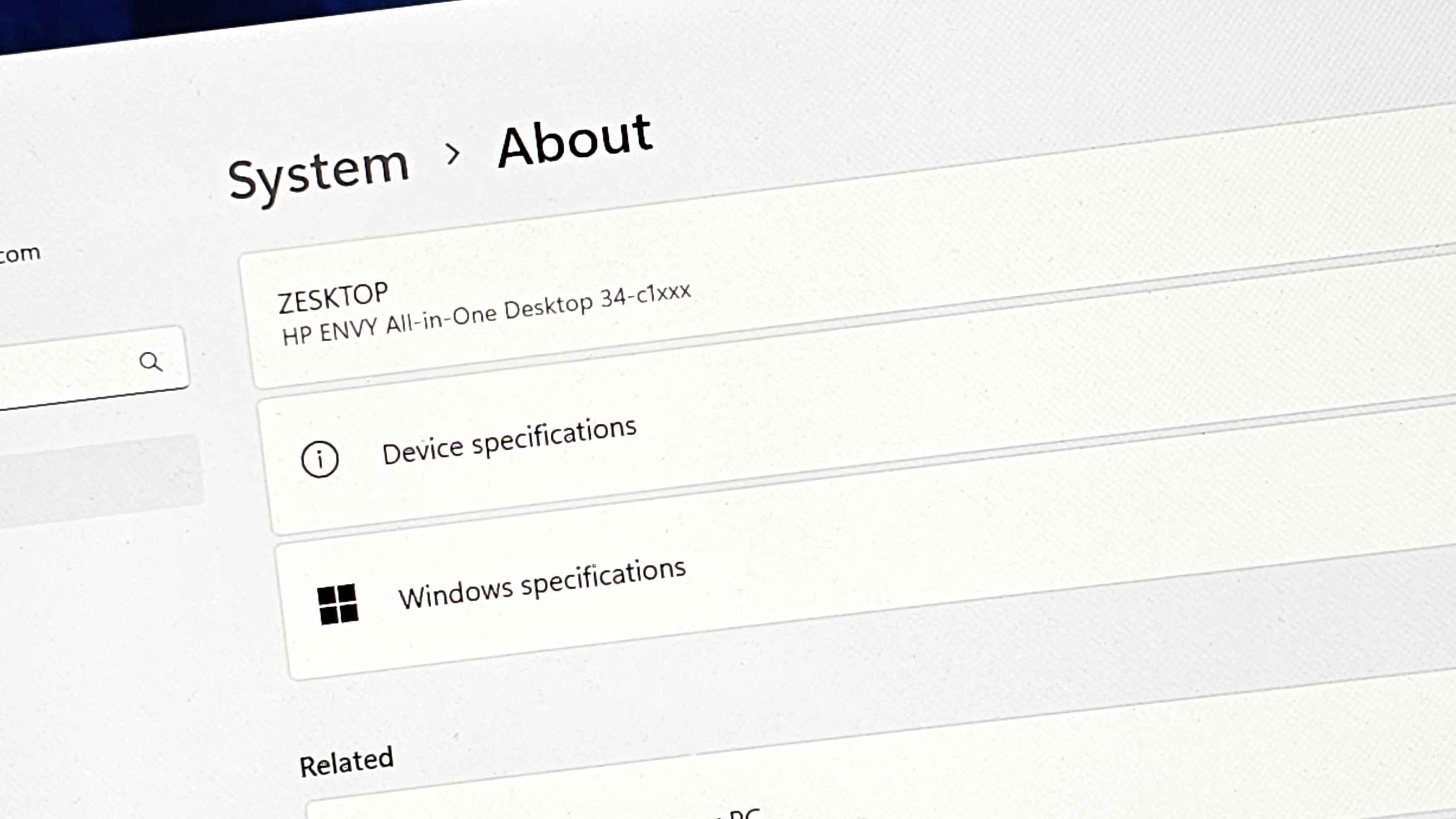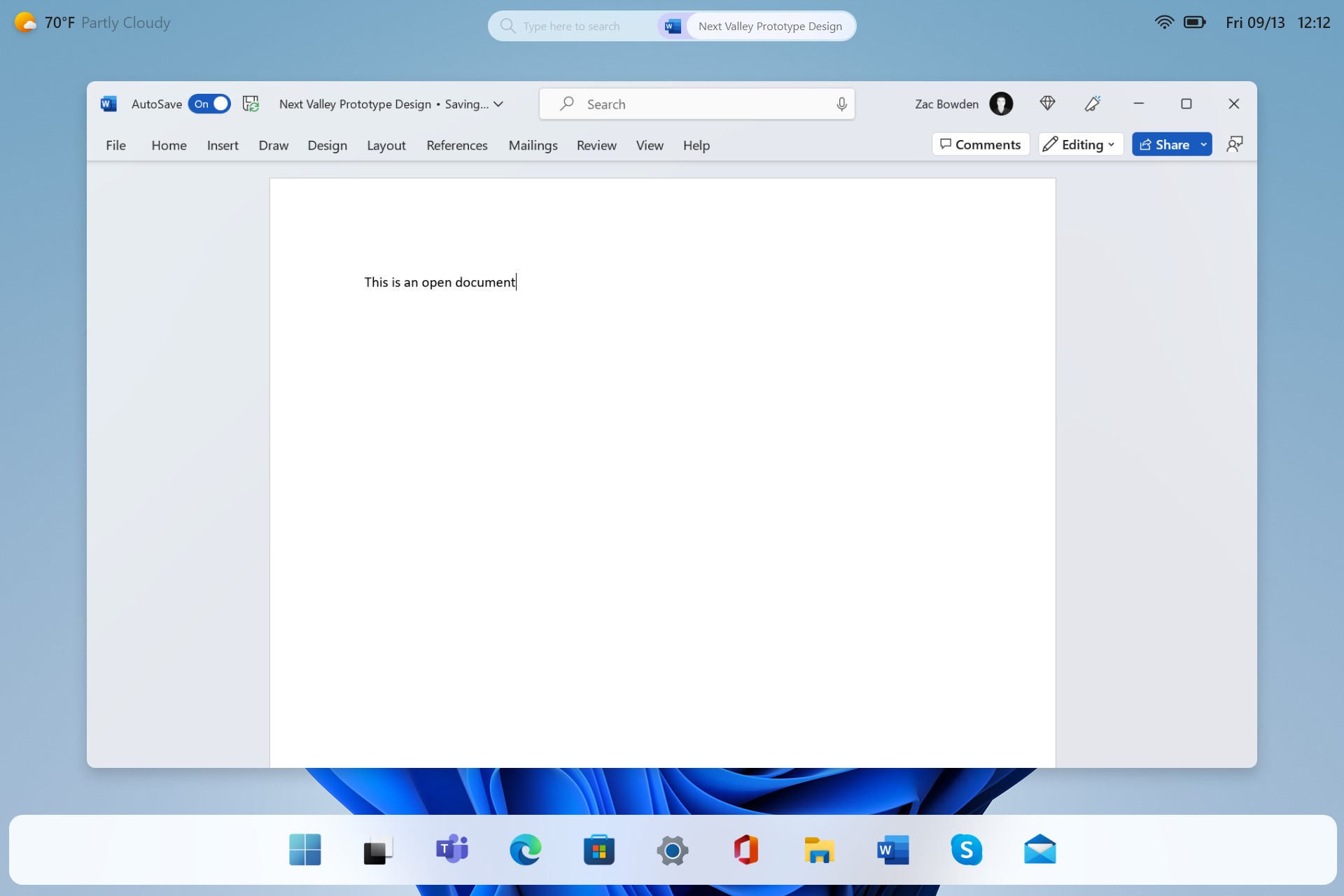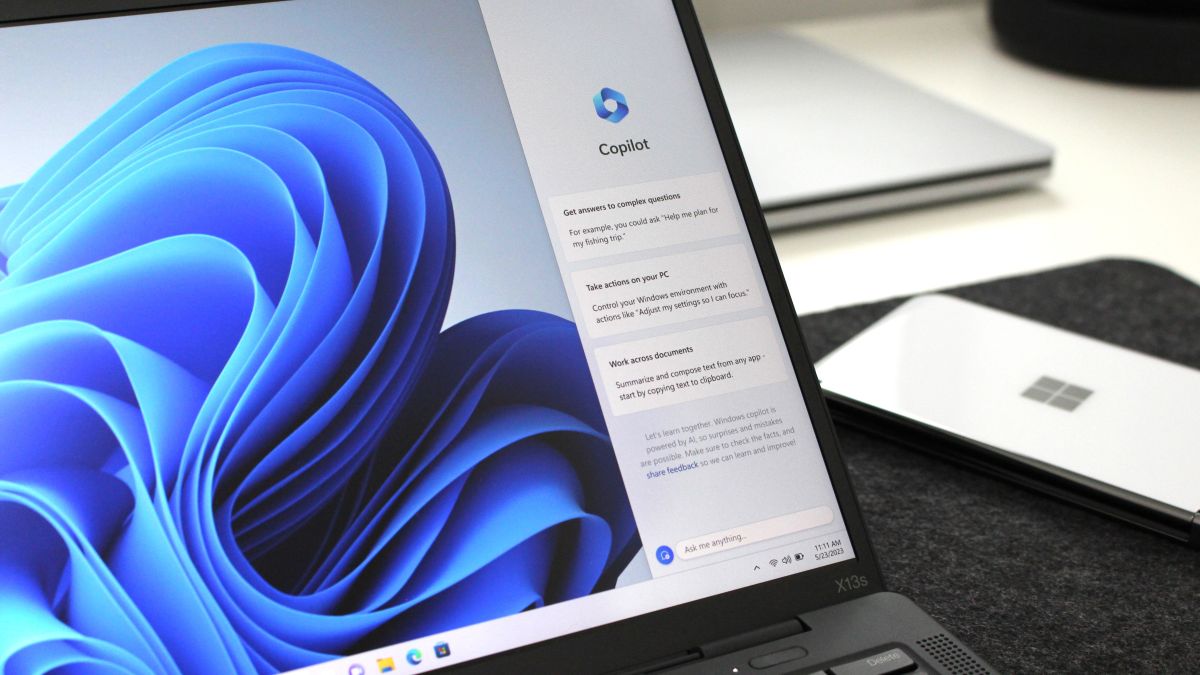Windows 12: Rumors, leaks, and everything we know so far
The future of Windows looks to lean heavily on AI features and devices.
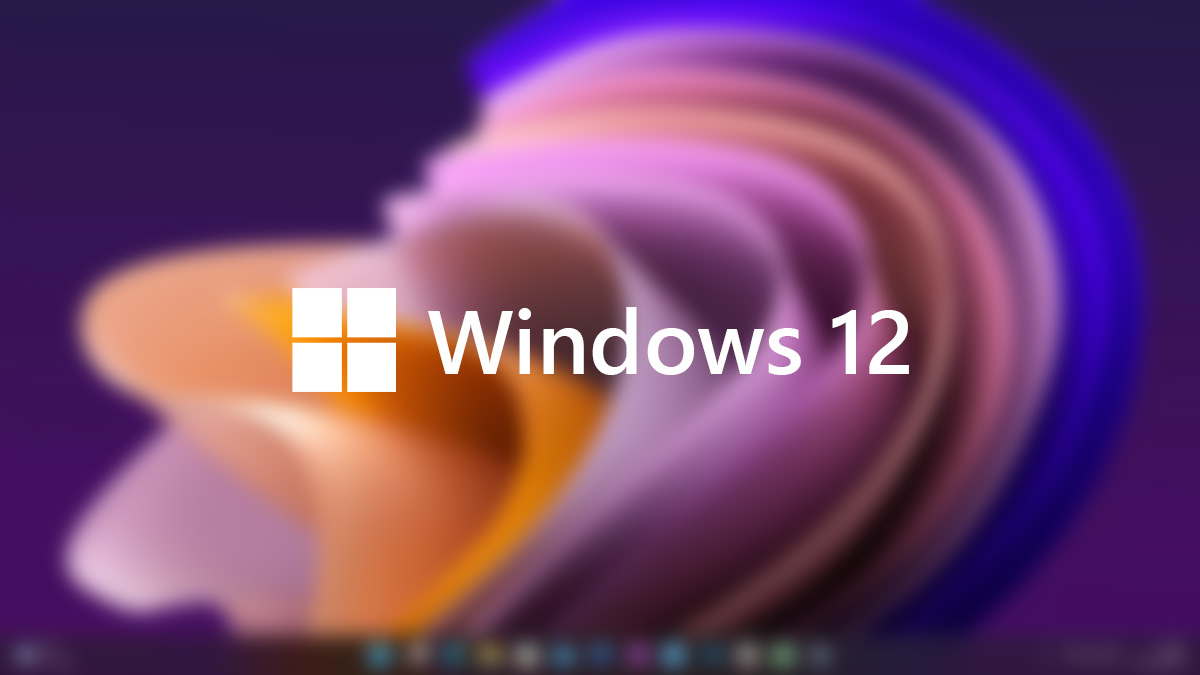
Microsoft has already confirmed that the big Windows OS update coming this year is another Windows 11 feature update, which means we won't be seeing Windows 12 in 2024. that doesn't mean Windows 12 isn't ever going to happen. If a Windows 12 does eventually make its debut, what might it include, and when?
Here's everything we think we know, and what we'd like to see, in Windows 12.
Windows 12: Release date
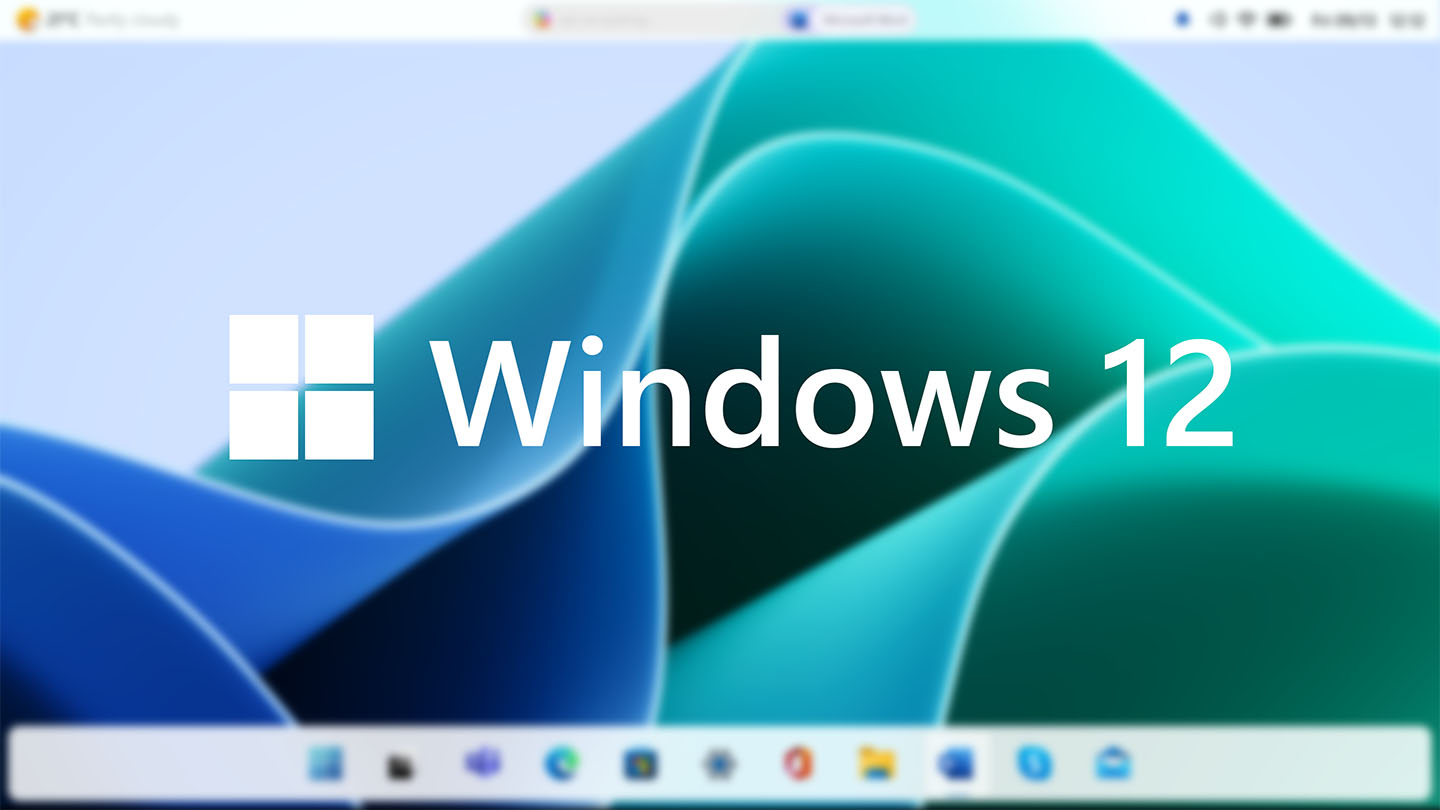
The next version of Windows is expected to ship later this year as the Windows 11 2024 Update (also known as version 24H2.) This is a continuation of Windows 11, but this release is special as it's based on a new version of the Windows platform underneath, codenamed Germanium.
Originally, it was rumored that Germanium would serve as a base platform release for Windows 12, but the departure of ex-Windows lead Panos Panay seemingly led Microsoft to scrap this plan, instead opting to ship the new Windows platform as a continuation of Windows 11.
Regardless of the validity of those rumors, it means we're not getting a Windows 12 branded OS this year. The next earliest timeframe for a potential Windows 12 would be fall 2025, with an announcement likely taking place sometime in early summer 2025. This would follow the same path as Windows 11 did when it was unveiled in 2021.
Windows 12: System requirements
Of course, since Windows 12 is a theoretical release at this point, we have no idea what sort of new system requirements it may impose. Windows 11's system requirements call for a PC running Intel 8th-generation or AMD Ryzen 2000 series and up CPUs. It also requires a TPM, and a minimum of 4GB RAM. A potential Windows 12 could up these requirements further.
I do suspect we might see some features (likely AI-focused) be limited to more recent PCs with a neural processing unit (NPU) or GPU that can handle on-device AI processing, as we've already begun to see with the launch of Copilot+ PCs on Windows 11 version 24H2, which have exclusive access to features like on-device image generation and Windows Recall.
All the latest news, reviews, and guides for Windows and Xbox diehards.
Windows 12: User Interface
In 2022, Microsoft accidentally leaked an experimental UI concept that it had been exploring for a future version of Windows. This concept placed the Taskbar system tray, search bar, and weather button along the top of the screen, and turned the area of the Taskbar with pinned and running apps into a floating dock along the bottom of the screen, similar to macOS.
Sources tell me this interface was being explored as a means to improve Windows for tablet users, while also maintaining a great experience for mice users. It featured more fluid animations and gestures and even included an updated login screen that was more optimized for wide-screen devices.
Because this UI concept was just an experiment, it's unknown if this design for the Windows desktop will ever ship. It was also a design that was explored under ex-Windows boss Panos Panay's leadership, which means it might have been scrapped after his departure.
A new Windows product release usually comes with a significant update to the desktop UX, so if this design ever does show up, we think Windows 12 would be a likely place for it.
Windows 12: New features
Once again, because Windows 12 is only a theoretical release at this point, we have no solid information about what sort of features it may include. Right now, Microsoft's big obsession is with AI experiences, which are already shipping on Windows 11 with new Copilot+ PCs.
A potential Windows 12 will likely further build on the AI craze with more advanced capabilities, such as an assistant that can provide contextual suggestions based on what you're looking at on your PC. It might be able to recognize people in emails or conversations across apps and learn your habits to streamline workflows on your computer.
These are all theoretical features at this time. Right now, Microsoft is working on Windows Recall for Windows 11, which will analyze everything you do on your computer and create memories that can be searched for with natural language. The feature was supposed to launch on June 18 alongside Copilot+ PCs, but was delayed after backlash.

